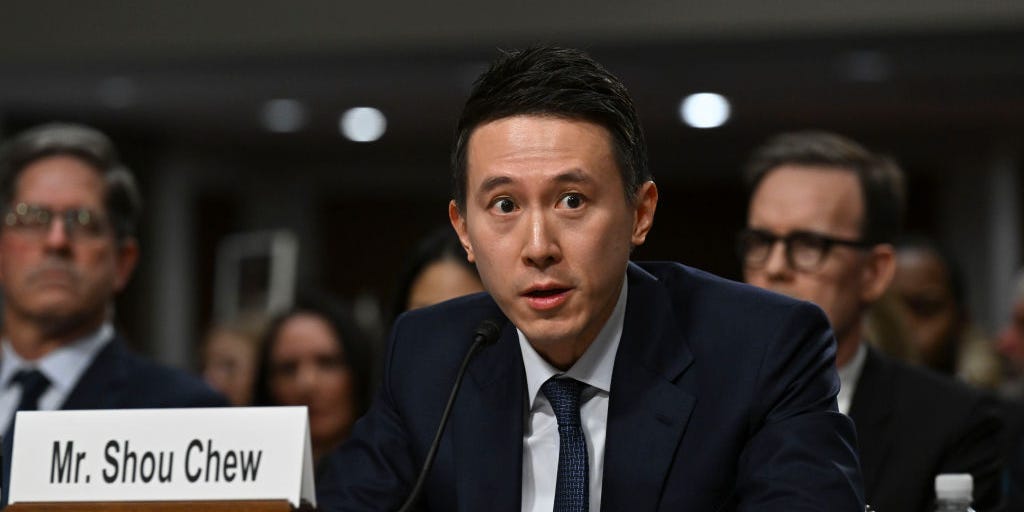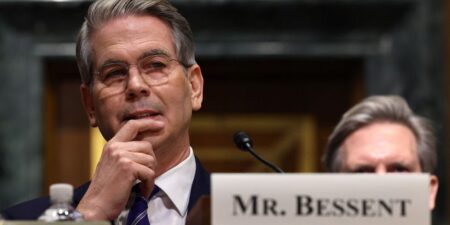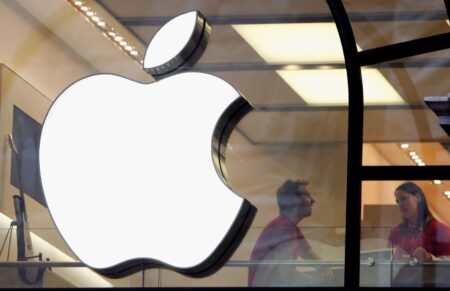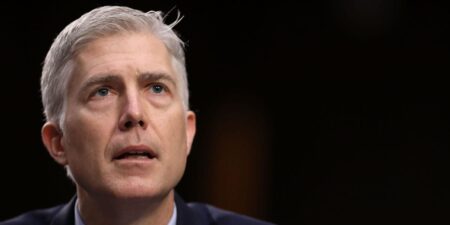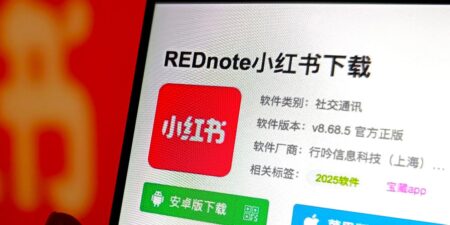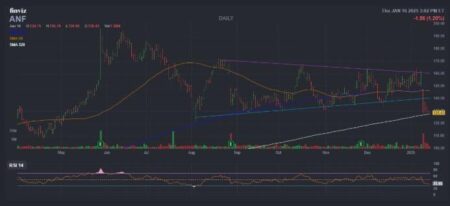- The Supreme Court ruled against TikTok on its challenge against a divest-or-ban law.
- TikTok’s owner ByteDance has until January 19 to divest from its US app or face a shutdown.
- President-elect Donald Trump may still try to rescue the app once in office.
The Supreme Court decided not to rescue TikTok from a divest-or-ban law.
The justices said on Friday that the law does not violate the First Amendment rights of TikTok and its creators.
As a result, TikTok is likely to “go dark” in the US on January 19 as app stores and other business partners sever ties with the company to comply with the law.
TikTok may also shut down its app in the US on Sunday, The Information and Reuters reported earlier this week. TikTok has declined to comment on its plans.
The company on Tuesday sent a memo to US employees reassuring them that they would still have jobs even if the app gets banned.
The Supreme Court’s decision was expected. Legal analysts told Business Insider last week that the court was likely to rule against TikTok in deference to Congress’ authority over national-security concerns.
There is no doubt that TikTok “offers a distinctive and expansive outlet for expression,” the court wrote, “but Congress has determined that divestiture is necessary to address its well-supported national security concerns regarding TikTok’s data collection practices and relationship with a foreign adversary.”
Speaking before Friday’s decision, Neama Rahmani, a formal federal prosecutor in California, told BI that he expected the Supreme Court to uphold the law.
He described how, at last week’s hearing, Chief Justice John Roberts and Justice Brett Kavanaugh, appointed by Republican presidents, were “talking about the national security concerns.”
“Even Kagan was skeptical. When you have a conservative majority that’s focused on the national security concerns, it does seem like the law will be upheld,” Rahmani said.
TikTok’s appeal arrived in the Supreme Court after it lost its legal challenge to the divest-or-ban law in the DC Circuit in December.
TikTok was a primary target of The Protecting Americans from Foreign Adversary Controlled Applications Act, which passed in April and sought to curb the influence of social platforms with foreign-adversary owners.
Having worn out its legal options, TikTok may be banking on a different path to survival: the return of President-elect Donald Trump, who will be inaugurated on Monday. TikTok’s CEO Shou Chew plans to attend the inauguration alongside other tech CEOs.
Trump pledged to try to save TikTok once in office, saying during a December 16 press conference that he had “a warm spot in my heart for TikTok.” On December 27, he filed an amicus brief to the Supreme Court, asking for a stay on TikTok’s divestment deadline so he could work out a political resolution.
“President Trump opposes banning TikTok in the United States at this juncture, and seeks the ability to resolve the issues at hand through political means once he takes office,” the brief said.
Read the full article here







